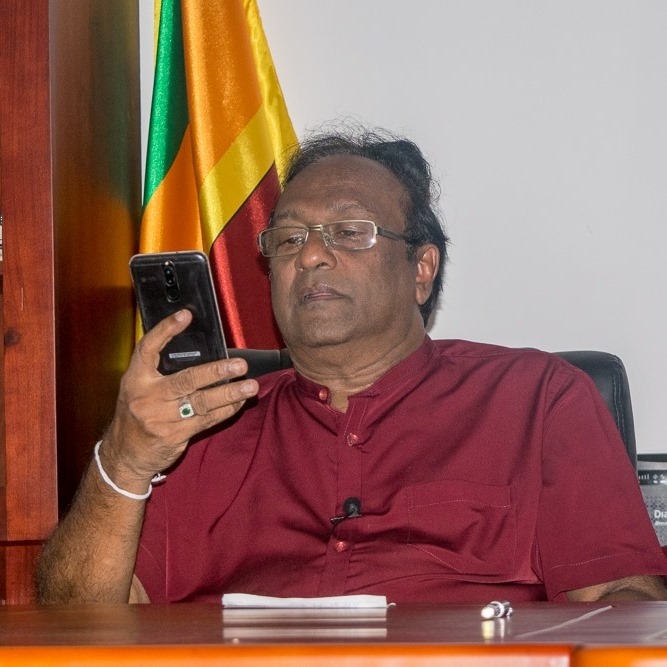
Sri Lanka’s State Minister of Provincial Councils and Local Government Sarath Weerasekara pledged to strip the 13th Amendment of clauses that would be crucial to establishing local control and provincial councils, just days after he assumed office this week.
Weerasekara, who is a retired rear admiral in the military, took his position as State Minister in an elaborate Buddhist ceremony, alongside the rest of Sri Lanka’s cabinet.
“We will not devolve police and land powers to the provincial councils,” he said. He went on to add he supports efforts to use the Sri Lanka Podujana Peramuna’s (SLPP) two-thirds majority in Sri Lanka’s parliament to strip the power of the 13th Amendment, and has previously been on the record in opposition to the 13th Amendment.
The 13th Amendment to Sri Lanka’s constitution is the amendment which created provincial councils in Sri Lanka, called for the merging of the Northern and Eastern Province and made Tamil as well as Sinhala an official language. It was enacted after the signing of the Indo-Lanka Accord between then Indian Prime Minister Rajiv Gandhi and Sri Lankan President J.R. Jayewardene.
In recent years, several influential Sinhala politicians, including the Rajapaksas and the Buddhist clergy have rallied against it, despite India’s current Prime Minister Narendra Modi urging Sri Lanka to implement it.
Previously Weerasekara has said NGOs and civil society activists should be charged with treason and sentenced to death, called for the Tamil National Alliance to be banned and rallied against the Sri Lankan national anthem being sung in Tamil.

